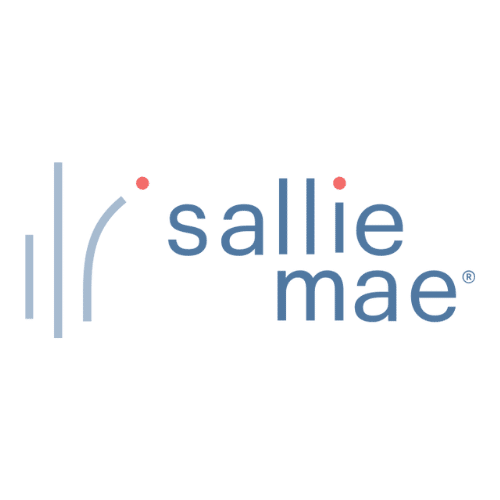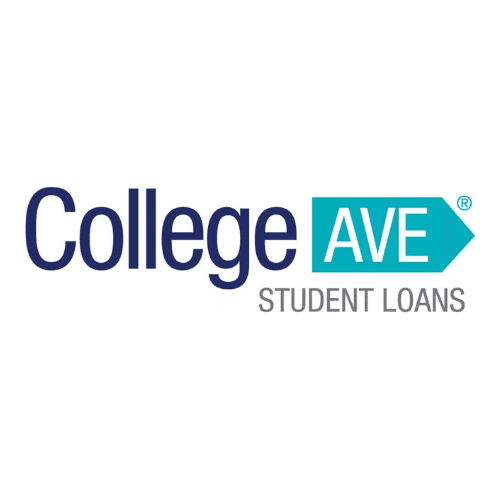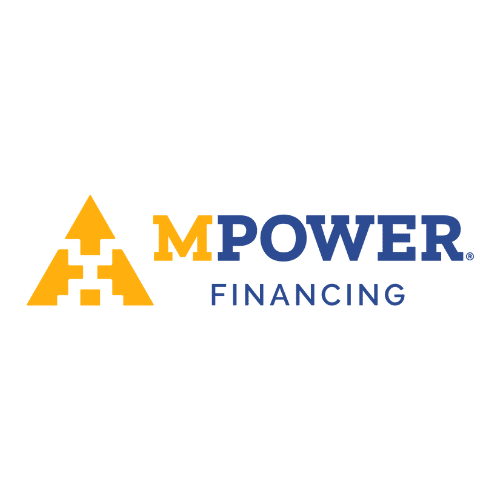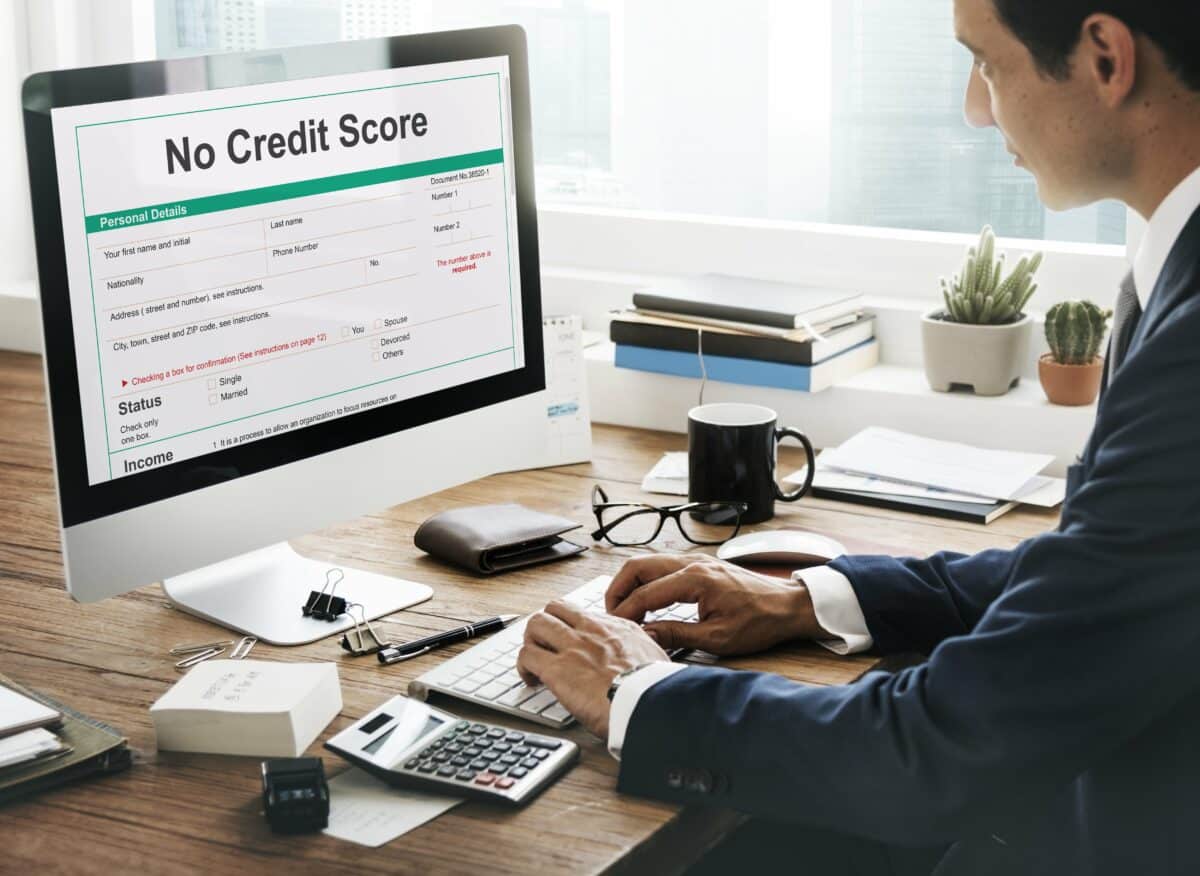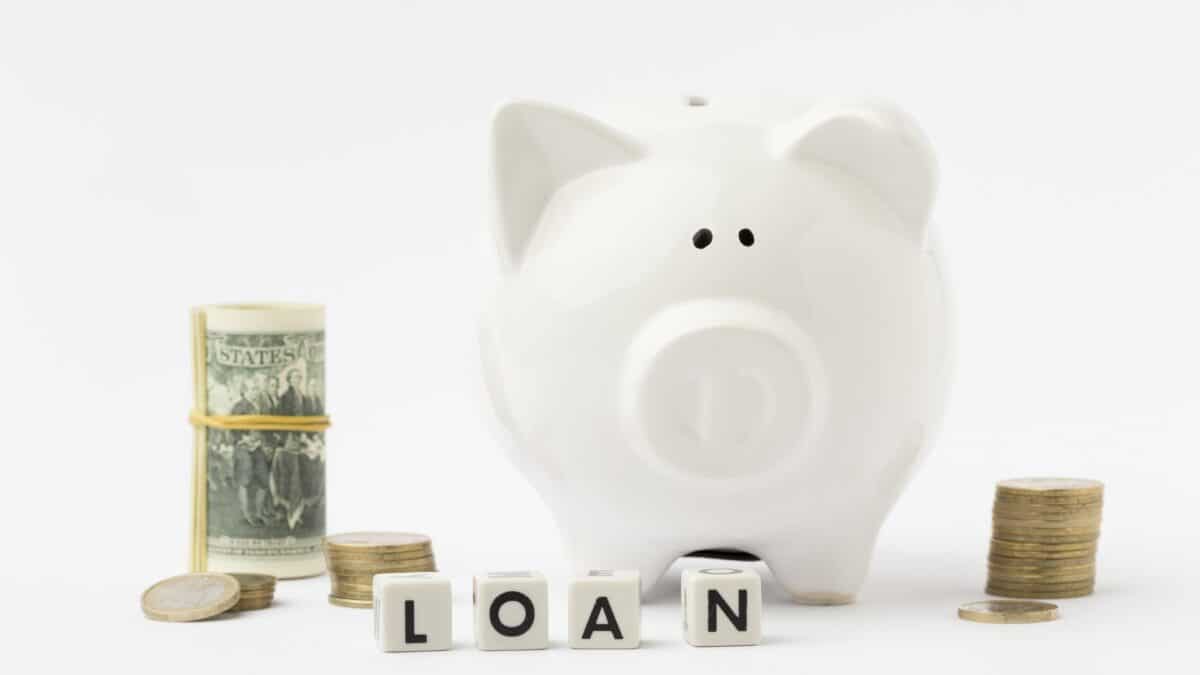15 Best Private Student Loans of this Year
Private student loans are a great way to cover the cost of your college education but finding the right one may be challenging. This blog suggest the current best private student loans that you can consider.

Federal loans are the best for students as they come with various long-term benefits such as loan forgiveness and they offer the lowest interest rates. Private student loans would only be a good option to consider if you have credit that is above 690, and you need to cover any educational costs that were unmet by federal aid. SoFi and Sallie Mae are two of the best private student loan lenders and they are quite popular too.
Private student loans are offered by private institutions like banks, credit unions, and online lenders. To find the best option, one should compare loans on the basis of interest rates and repayment terms mainly. Lower and fixed interest rates along with flexible repayment terms are desirable for more manageable repayments.
We’ve compiled a list of the best private student loans along with the relevant details on each so you can make an informed decision when selecting one that is right for you.
The 15 Best Private Student Loans Right Now
| Lender | Scholaroo rating | Fixed rates starting (APR) | Variable rates starting (APR) |
|---|---|---|---|
 SoFi Best Private Lender Visit website | 4.49% | 5.09% | |
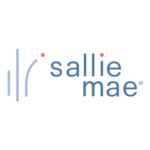 Sallie Mae Best for Loan Availability Visit website | 4.50% | 5.37% | |
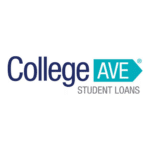 College Ave Best for Low-Interest Rates Visit website | 4.49% | 4.49% | |
 Funding U Best For No Cosigner Loan Visit website | 7.49% | N/A | |
 Ascent The Best Repayment Terms Visit website | 4.62% | 5.74% | |
 Citizens Bank One of the Most Established Lenders Visit website | 4.43% | 5.57% | |
 Earnest Great for Fair Credit Visit website | 4.47% | 4.14% | |
 Custom Choice Best for Discount in Principal After Graduation Visit website | 4.43% | 5.13% | |
 Discover Best for Undergraduate Students Visit website | 5.49% | 4.74% | |
 RISLA Best for Student Nurses Visit website | 4.45% | N/A | |
 ISL Education Lending Multiple Private Loan Options Visit website | 3.85% | 6.10% | |
 MPOWER Best for International Students Visit website | 12.99% | N/A | |
 Edly Best for Career Training Loans Visit website | 9.40% | N/A | |
 Education Loan Finance Great Customer Relations Visit website | 6.99% | 4.98% | |
 A.M. Money Good for Merit Based Loans Visit website | 7.95% | N/A |

SoFi
Best Private Lender

Sallie Mae
Best for Loan Availability

College Ave
Best for Low-Interest Rates

Funding U
Best For No Cosigner Loan

Ascent
The Best Repayment Terms

Citizens Bank
One of the Most Established Lenders

Earnest
Great for Fair Credit

Custom Choice
Best for Discount in Principal After Graduation

Discover
Best for Undergraduate Students

RISLA
Best for Student Nurses

ISL Education Lending
Multiple Private Loan Options

MPOWER
Best for International Students

Edly
Best for Career Training Loans

Education Loan Finance
Great Customer Relations

A.M. Money
Good for Merit Based Loans
#1 SoFi
#2 Sallie Mae
#3 College Ave
#4 Funding U
#5 Ascent
#6 Citizens Bank
#7 Earnest
#8 Custom Choice
#9 Discover
#10 RISLA
#11 ISL Education Lending
#12 MPOWER
#13 Edly
#14 Education Loan Finance
#15 A.M. Money
How to Get Private Student Loans
Following are the general eligibility requirements and steps to apply for private student loans.
General Eligibility Requirements
The eligibility criteria for loans vary from one lender to another. The most common requirements are listed below.
- Attend an eligible Title IV-accredited school
- Enrolled at least part-time in a degree-granting program
- Must be a U.S. citizen or a permanent resident
- Have a good credit score or a credit-worthy cosigner
Steps to Apply
The following are steps to take when applying for a student loan with private institutions.
- Exhaust federal loan options first: Before jumping to private loans, make sure that you have considered all your federal options first as they come with various benefits that private loans do not offer.
- Review your credit score: Most private lenders require good credit to approve the loan. This helps them determine how risky you are as a borrower. Upon applying, they will run a credit check on you to see if you meet their minimum criteria. In case, you do not meet their minimum requirement, which is usually around the mid-600s, you will need a credit-worthy cosigner to apply for the loan.
- If possible, get a cosigner: Adding a cosigner to your application can help you in different ways. If you have bad credit, adding a cosigner to your student loan application will help in getting the loan approved. Students with good credit can get approval without a cosigner, but they can get better rates on their loans if they can add a credit-worthy cosigner to their application. Therefore, it’s wise to find a credit-worthy cosigner before applying for a loan. A cosigner can be anyone from your family or friends that has good credit. Upon co-signing, they become equally liable for the loan and will have to pay for you in case you are unable to make regular payments.
- Compare lenders: Compare different lenders to see which of them offers the lowest interest rates and if you are able to meet their eligibility requirements. You can get prequalified with a soft credit check to get a quote on the rates and terms that you are eligible for. Choose the one that offers you the lowest rates and best repayment terms.
- Gather documents: Once you have chosen your lender, go through the list of required documents on their website and gather all the relevant documentation on time. This helps in a smooth and quick application process. The information required by lenders generally includes your personal information like name and address, your social security number, financial information like annual income, and employment information. In case you have a cosigner, they would require similar information about them too.
- Submit your loan application: Once you have all your documents ready, you can apply for a loan through the lender’s website. The online loan application only takes a few minutes. After submitting your application, the lender will most likely run a hard credit check on you or your cosigner to see if you meet the minimum.
- Sign your loan agreement to get the loan: Upon approval, you will receive a final loan agreement containing all the information about your loan. The rates and terms you get may be different from the initial quote. So, make sure to read the agreement thoroughly before signing it. Once you accept the terms and conditions of your loan, the amount will be disbursed to your selected institution generally.
How to Choose the Best Private Student Loans
There are six important points to keep in mind while choosing private student loans.
- Interest Rates: Different lenders have different interest rates and thus, this should be taken into consideration when choosing a private student loan. Ensure that you study and understand both the variable and fixed interest rates before settling on any private student loan.
- Repayment terms: The repayment period is very important when choosing a private student loan. Some lenders have fixed terms whereas others are customized to the suit the needs of the student. Remember, most lenders offer lower interest rates for shorter payment periods and higher interest rates for longer repayment periods and defaulters.
- How much You Can Borrow: Most loans have limits and are regulated in terms of how much students can borrow. There are loans with high or low limits and students must settle for a lender that will provide the amount they need. Alternatively, a borrower can consider approaching different financial institutions and combining multiple loans to meet the full amount needed.
- Application Process: Some lenders have a straightforward application process, while others are a little bit complicated. When choosing the best private student loan, be on the lookout for what is needed in the application process. Ensure that you are well aware of all the requirements needed to complete the application.
- Eligibility: It would be a waste of time and resources to apply for a student loan that you do not qualify for. Before choosing a loan, ensure that you still qualify throughout the process. Make sure to familiarise yourself with the criteria and requirements regarding eligibility for federal student loans to ensure that you qualify for the loan.
- Company Reputation: A company’s reputation speaks volumes about how future relationships will be. Most reputable companies have been in business for a long time and have many years of experience. It is safer to choose a bank that has transparent policies and that has good reviews from previous borrowers.
FAQS
Is it a good idea to get a private student loan?
Only take out private loans after fully exhausting all your federal options or if you do not qualify for federal aid. This is because private student loans generally do not come with options like loan forgiveness and forbearance. Moreover, they are credit-based and have much higher interest for students who do not have great credit scores. Therefore, only opt for private loans if you need to.
It is best to apply for private loans with a credit-worthy cosigner for a higher chance of approval and to get lower rates.
Which student loan company is the best?
The best student loan lender is the one with lower rates and flexible repayment options. Sofi is our highest-rated private student loan lender followed by Sallie Mae and College Avenue.
Is Sallie Mae a good private lender?
Sallie Mae offers some of the best student loan options as they offer some of the lowest interest rates among private lenders and students can get the amount equal to their school-certified cost of attendance. They also offer loans to students in career training, unlike most other private lenders.
What is the minimum credit score required for a private student loan?
Most private student loan lenders require a good credit score that is at least in the mid-600s for loan approval. However, the minimum credit requirement for every lender varies and students with lower credit scores may also be able to find one.
How hard is it to get a private student loan?
Private loans are harder to get approved for as compared to federal loans due to tougher eligibility requirements. They require a minimum credit score of at least 650 for approval. However, they have minimum income requirements too which many students find hard to meet on their own.
You can apply with a credit-worthy cosigner if you are unable to meet a specific eligibility requirement and also to increase the chances of approval overall.

